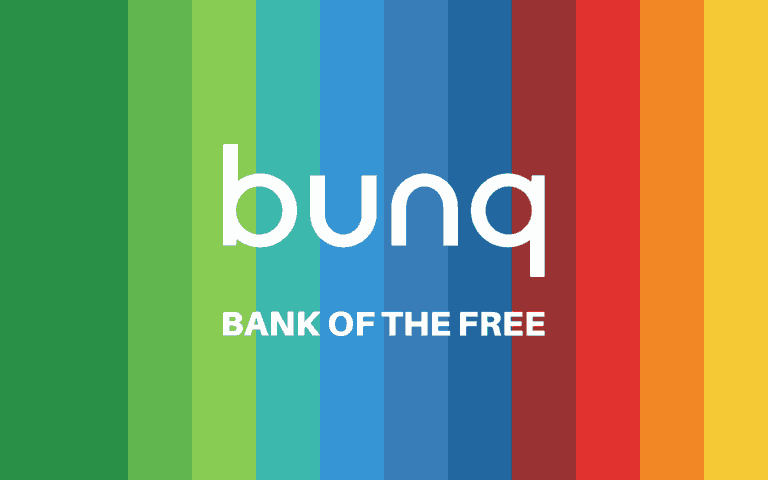Internet bank Bunq has been fined €2.6 million for inadequate money laundering controls between January 2021 and May 2022.
According to the regulator, the core of the problem lies with four customers who carried out suspicious transactions. Although Bunq did report these suspicious customers to the Financial Intelligence Unit (FIU), the bank also failed to report all the associated suspicious transactions. DNB ruled that the controls were insufficiently effective to prevent the misuse of bank accounts for money laundering.
Dutch banks under fire
Bunq is not alone in receiving money laundering fines. Almost all Dutch banks have faced shortcomings in preventing money laundering in recent years. ING Netherlands paid a settlement of €775 million to the Public Prosecution Service in 2018. ABN Amro followed in 2021 with a settlement of €480 million.
Rabobank refused to settle and may have to appear in court. ASN Bank and Triodos Bank also received warnings from DNB to improve their money laundering controls.
Bunq’s defense
Bunq defends itself by pointing out that it takes its gatekeeper role in the financial system seriously. “That is why we use the most advanced technologies and continuously implement improvements,” said a spokesperson. The bank has announced that it intends to challenge the fine in court.
This is not the first time Bunq has clashed with DNB. A few years ago, a dispute arose when the internet bank wanted to screen customers using AI and data analysis. DNB rejected this, after which Bunq took the matter to court. The ruling found that DNB was right that anti-money laundering rules had been violated, but did not prohibit the use of AI for screening.
Discrimination through excessive checks
Last year, Finance Minister Heinen acknowledged that strict anti-money laundering laws sometimes go too far. Banks began to discriminate in order to avoid new fines, which made it particularly difficult for certain groups of customers to open bank accounts or transfer money. ING recently apologized for this and announced reforms.
Read also: SurePay fights bank fraud with Okta’s help
